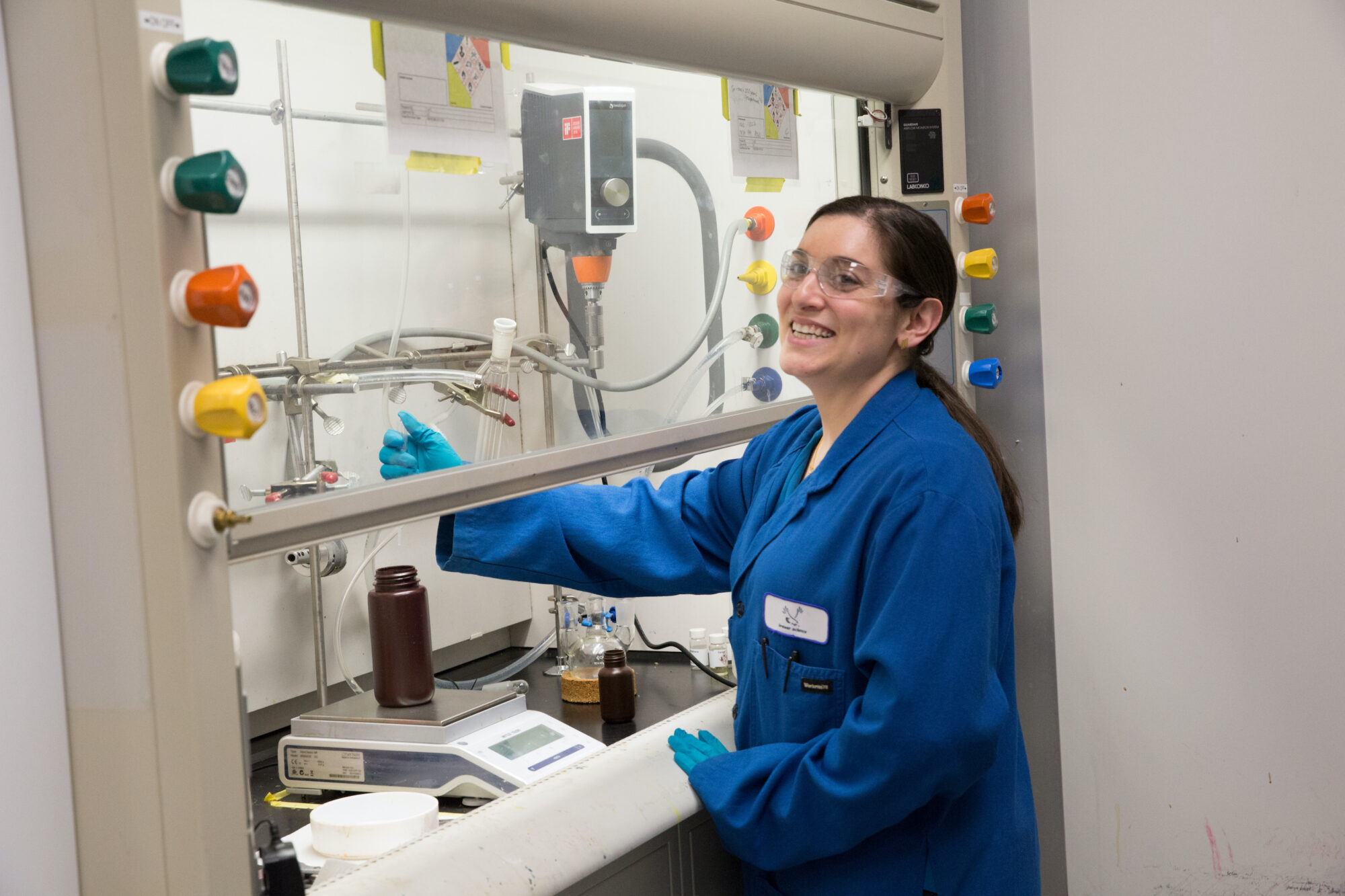Why Policymakers Should Support—Not Hinder—R&D

This story can also be found within the NAM’s R&D action center.
Manufacturing is an industry built on innovation—but with a recent change in tax law, manufacturers are encountering a new and major obstacle to the critical research and development investments they need to make in order to compete at home and around the world.
The background: Up until January 2022, a business could deduct 100% of their R&D expenses in the same year those expenses were incurred. But a change to the law that took effect this year now requires businesses to spread those deductions over a period of years, making investment in innovation more expensive.
The manufacturer: At Brewer Science—a Missouri-based manufacturer in the semiconductor industry—this issue has become an urgent challenge. The company is a top producer of materials needed to make semiconductor chips.
- In such a fast-moving industry, staying competitive requires nonstop innovation—and that demands constant investment in new products and processes. According to Brewer Science Executive Vice President Dan Brewer, a significant percentage of the company’s revenue goes back into R&D every year.
- “Semiconductors are everywhere, and new generations are constantly being created,” said Mr. Brewer. “The only way to compete abroad in our industry is to out-invent the competition.”
The impact: By making R&D investments more expensive, the tax code hinders manufacturers’ ability to make necessary expenditures not only on innovation, but also on other kinds of growth. Already, the harmful tax change has impacted Brewer Science’s bottom line and put a hitch in its plans for the future.
- Because the new law requires a deduction to be spread out over five years, companies are paying more in taxes than they were a year ago—a result that is causing them to reassess future investments.
- “We have a long list of new hires that we’re trying to bring on board and new projects we’d like to begin, and now we’re looking to make adjustments,” said Mr. Brewer. “Which projects can we put on hold? Which hires can we delay? It’s unfortunate that the same people who want investment in onshoring our industry are penalizing those that are already here.”
The ask: Brewer Science’s request is simple: return the tax treatment of R&D expenses to the way it was so that manufacturers are not penalized for pursuing the R&D that is necessary to spur economic growth and maintain America’s global leadership in innovation. There is still time to undo this for the current 2022 tax year, but time is quickly running out.
- “We’re not asking for a handout,” said Mr. Brewer. “We’re just asking Congress to allow us to immediately deduct these expenses as has been the case for nearly 70 years, since before Brewer Science was even a company.”
The big picture: Mr. Brewer is also quick to point out the widespread impact of this change, especially for smaller companies.
- “There are some companies that can’t make it five years without the ability to immediately deduct their R&D expenses,” he said.
Our move: The NAM has been leading the charge to ensure the tax code continues to support innovation by allowing businesses to fully deduct their R&D expenses in the year in which they are incurred.
The last word: “Our industry moves extremely fast,” said Mr. Brewer. “We must invest aggressively in research and development to stay relevant and stay competitive.”
